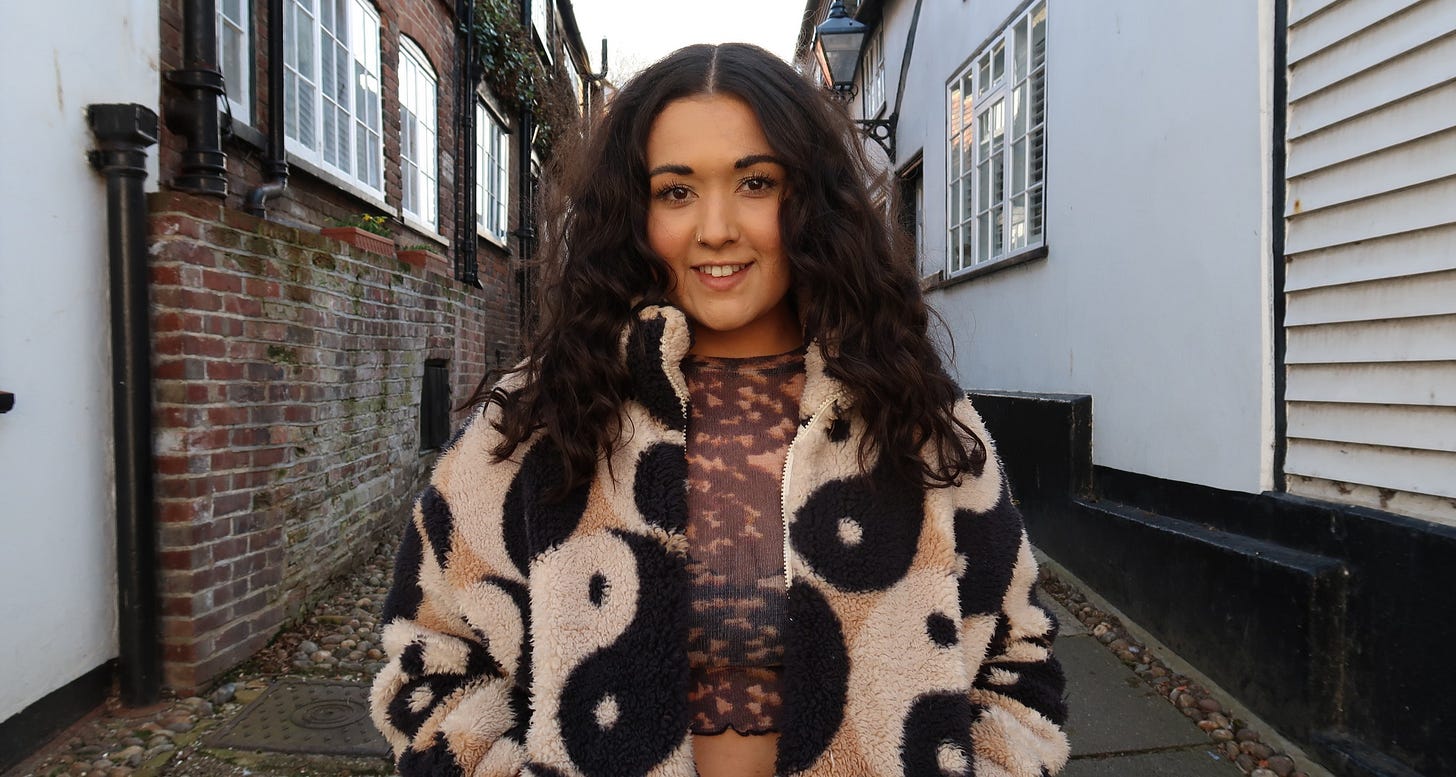Amara Sage: “People always ask ‘what are you?’ I’m a human!”
The author on writing the characters she wanted to see, learning to love herself and conversations on race
Hi, welcome back to Mixed Messages! This week I’m speaking to author Amara Sage, who is of white British, Irish and Black Caribbean heritage. Amara’s debut novel, Influential, follows mixed-race teen influencer Almond Brown as she struggles with the pressures of life online, including anonymous threats and microaggressions. Drawing from her own experie…


